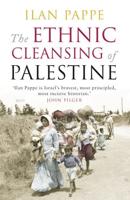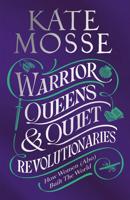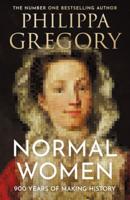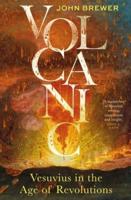Publisher's Synopsis
The Russian Revolution, 1905-1921 is a new history of Russia's revolutionary era as a story of experience-of people making sense of history as it unfolded in their own lives and as they took part in making history themselves. The major events, trends, and explanations, reaching from Bloody Sunday in 1905 to the final shots of the civil war in 1921, are viewed through the doubled perspective of the professional historian looking backward and the contemporary journalist reporting and interpreting history as it happened. The volume then turns toward particular places and people: city streets, peasant villages, the margins of empire (Central Asia, Ukraine, the Jewish Pale), women and men, workers and intellectuals, artists and activists, utopian visionaries, and discontents of all kinds. We spend time with the famous (Vladimir Lenin, Lev Trotsky, Alexandra Kollontai, Vladimir Mayakovsky, Isaac Babel) and with those whose names we don't even know. Key themes include difference and inequality (social, economic, gendered, ethnic), power and resistance, violence, and ideas about justice and freedom. Written especially for students and general readers, this history relies extensively on contemporary texts and voices in order to bring the past and its meanings to life. This is a history about dramatic and uncertain times and especially about the interpretations, values, emotions, desires, and disappointments that made history matter to those who lived it.








